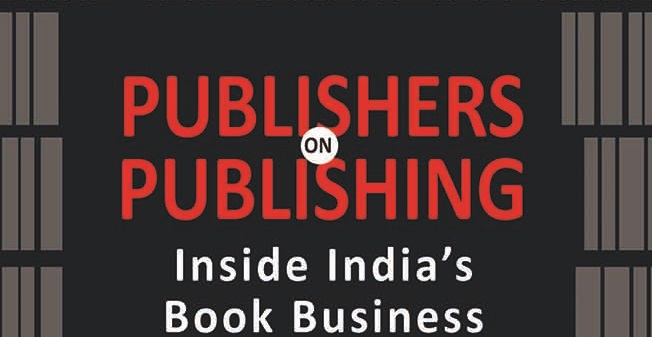The International Publishers Association (IPA) is committed to defending and promoting the freedom to publish, which is under worldwide siege today. Freedom to publish has been one of the IPA’s two primary policy drivers since the creation of the organization in 1896—the other being the promotion of copyright.
Freedom to publish means that publishers must be allowed to publish all that they deem worthy of publication, even and perhaps especially if those works challenge the boundaries established by the society they operate in.
The conditions governing and restricting freedom to publish vary around the world. In some places, it is governments and state regimes. In other cases, there are pressure groups (religious, social, commercial) trying to prevent publication of certain information. Increasingly, large technology companies are influencing, often secretly or behind our screens, what we as readers and consumers can and can’t see. Laws that prevent freedom to publish must be constantly challenged.
The IPA’s Educational Publishers Forum is monitoring the rising trend of educational authorities aiming to produce one authorized book per subject per student. This is not only an impediment to the freedom to publish of educational publishers who could produce a number of competing textbooks in any given subject area; it is also a grave threat to the free exchange of ideas. This new trend of government interference, however, not only robs students and teachers of the opportunity of learning from the best-possible resources, it also creates a state monopoly in the production, dissemination and accreditation of certain ideas and interpretations of history.
Another common challenge to publishers in all countries is the question of self-censorship. Even in countries with few regulations on freedom to publish, publishers might have to consider the negative consequences of producing and distributing certain content.
Similarly, a growing number of jurisdictions are punishing whistle-blowers and investigative journalists who expose malpractice, corruption or official incompetence, when the public interest is more clearly served by the protection of these writers and their publishers.
It is important that the publishing community, all over the world, stands together. The IPA’s Freedom to Publish Committee does this by:
First. Helping Our Members Fight for the Freedom to Publish
We support our members through legal advice and direct lobbying when laws that threaten freedom to publish are proposed by governments or other agents.
Second. Challenging Violations of Freedom to Publish We raise the alarm when publishers and writers are in danger and we support them when they face wrongful prosecution.
Third. Driving Dialogue on Freedom to Publish We lead or support international engagements and conferences to raise the visibility of freedom to publish and foster a continuous international conversation about this underappreciated area of free-speech advocacy.
Fourth. Celebrating the Champions of Freedom to Publish We award the annual IPA Prix Voltaire, which honours and celebrates the courage of publishers who defy their would-be silencers and enable writers to exercise their own freedom of expression—a freedom that is enshrined in the UN’s Universal Declaration of Human Rights.
To succeed in consolidating freedom to publish around the globe we will need international cooperation as well as support from many individuals and organizations. The bravery of our colleagues, who regularly stand up against intimidation, legal threats and physical harassment, inspires the IPA to redouble its efforts every year.
Reproduced with kind permission. ‘Publishers on Publishing – Inside India’s Book Business’ features 65 contributions from professionals in the Indian and international publishing industry. Edited by industry stalwart, Nitasha Devasar (Managing Director of Taylor and Francis India), and published by All About Book Publishing – the Indian publishing industry magazine. You can find out more here.

